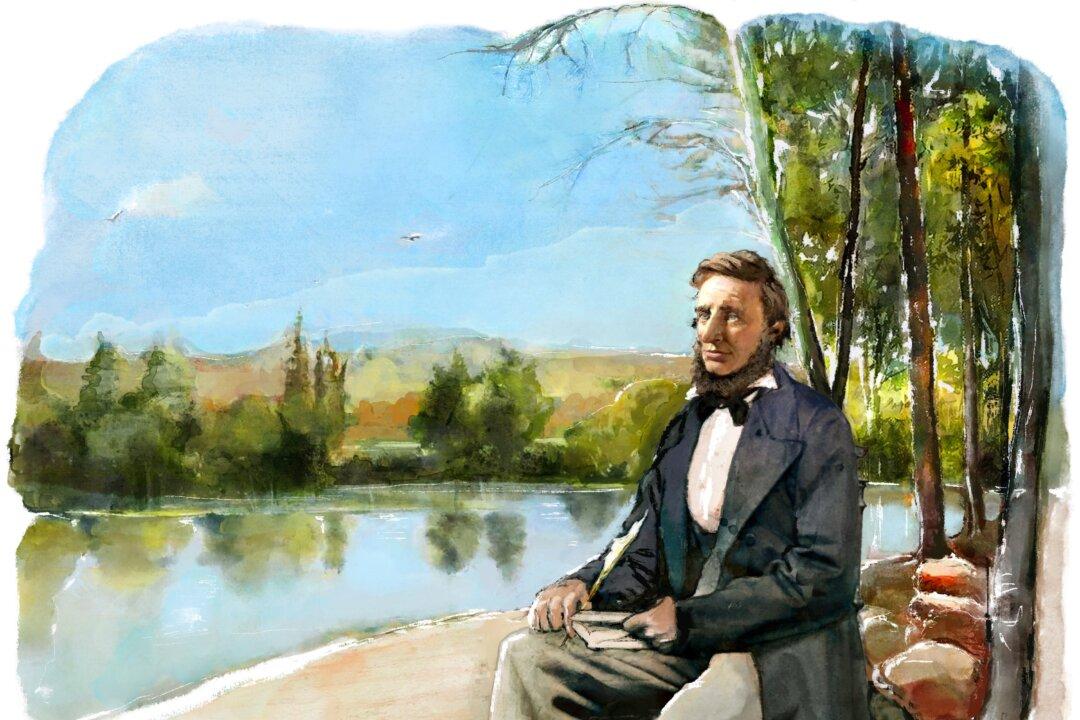“The earth is not a mere fragment of dead history, stratum upon stratum like the leaves of a book, to be studied by geologists and antiquaries chiefly, but living poetry like the leaves of a tree.” This living poetry was what led to Henry David Thoreau’s philosophy for life.
By most, Thoreau is considered one of America’s great 19th-century writers, but it would be nearly impossible to read his work without also thinking of him as one of its great 19th-century philosophers. Of his many works, none captures his philosophy as well as his “Walden; or, Life in the Woods.”






